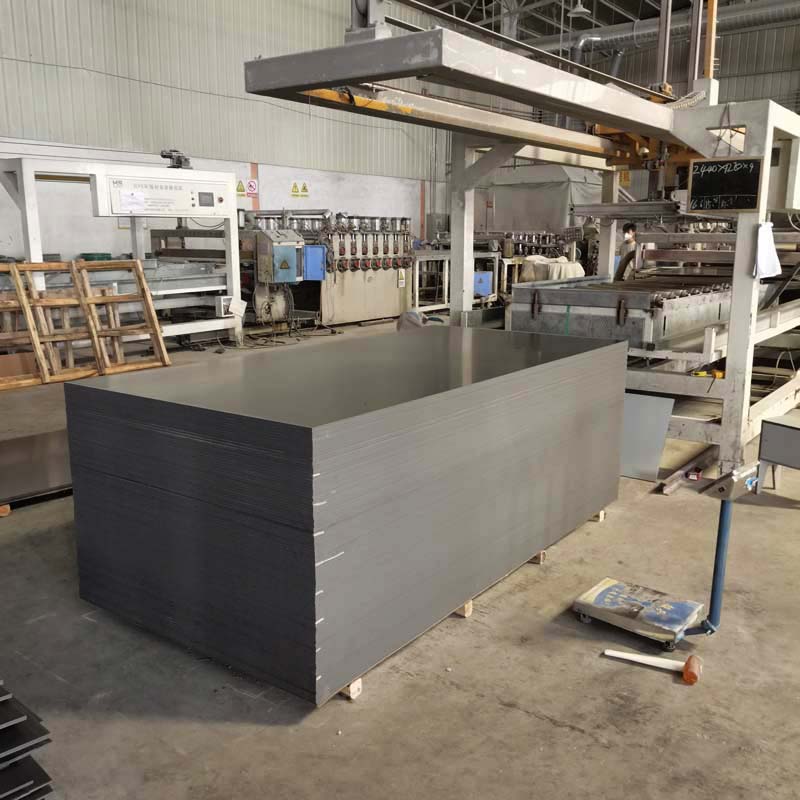In recent years, there has been a growing concern about the detrimental effects of traditional wood and metal treatments on the environment. Harmful chemicals are often used in these processes, releasing toxins into the air and polluting our water sources. However, there is a natural and eco-friendly alternative that is gaining popularity – bamboo charcoal.
Bamboo charcoal is a form of activated carbon that is produced from bamboo plants. It is created through a process of heating the bamboo at high temperatures in the absence of oxygen, which results in a highly porous and absorbent material. This unique structure makes bamboo charcoal an excellent solution for treating wood and metal.
One of the primary uses of bamboo charcoal is as a natural preservative for wood. It has been proven to prevent rot and decay, extending the lifespan of wooden structures and furniture. Unlike traditional wood treatments that contain harmful chemicals, bamboo charcoal is non-toxic and does not release any harmful substances into the environment. It can be applied directly to the wood or used as a component in varnishes and coatings, providing a safe and sustainable alternative.
Furthermore, bamboo charcoal has exceptional moisture-absorbing properties, making it ideal for preventing corrosion in metal. Moisture is one of the main causes of rust and deterioration in metal objects and structures. By placing bamboo charcoal near metal objects or incorporating it into protective coatings, the charcoal can absorb excess moisture and create a barrier between the metal and the environment, effectively preventing rust and corrosion.
In addition to its preservation properties, bamboo charcoal also acts as a natural odor absorber. It has the ability to trap and neutralize unpleasant odors, making it a perfect solution for eliminating musty smells in wooden furniture or metallic items. This makes bamboo charcoal an excellent choice for those looking to freshen up their living spaces without resorting to chemical-laden air fresheners.

The eco-friendly nature of bamboo charcoal extends beyond its application in wood and metal treatments. Unlike traditional charcoal production, which relies heavily on deforestation and emits large amounts of carbon dioxide into the atmosphere, bamboo charcoal is a sustainable and renewable resource. Bamboo plants are known for their rapid growth, with some species able to grow up to one meter per day. This means that bamboo can be harvested in a relatively short period, minimizing the impact on the environment.
Bamboo charcoal offers an ultimate eco-friendly solution for wood and metal treatments. Its natural preservation and moisture-absorbing properties make it an excellent alternative to traditional methods, which often rely on harmful chemicals. Additionally, bamboo charcoal acts as a natural odor absorber and is sustainable and renewable, making it a responsible choice for environmentally-conscious consumers. By embracing bamboo charcoal, we can protect our wooden and metal structures while also preserving our planet for future generations.
Previous: Decoding the Price Factors for 4×8 PVC Sheets: Quality, Thickness, and Supplier Impact
Next: Bamboo Charcoal Wood Veneer: A Review of its Benefits and Quality

PVC building formwork
PVC building formwork is a type of reusable plastic formwork used in concrete construction. It is made of a lightweight, durable, and flexible material that is easy to handle and install. PVC formwork has become increasingly popular in the constructi...

PVC partition board (wbt520)
1. Product description PVC partition board, also known as foamed polyvinyl chloride board, has the characteristics of moisture resistance, heat preservation and corrosion resistance, light texture but high hardness, which is not easy to scratch and a...

PVC foam board (wbt04)
1.product description PVC foam board is also called Chevron board or Andy board, its chemical composition is polyvinyl chloride, so it is also called foamed polyvinyl chloride board. It is widely used in passenger cars, train car roofs, box core laye...

China PVC bathroom partition board (gray)
PVC bathroom partitions are increasingly becoming a popular choice for commercial and residential spaces due to their durability, versatility, and low maintenance. Made from polyvinyl chloride, PVC bathroom partitions have several advantages over tra...